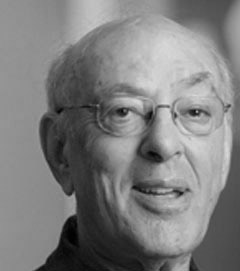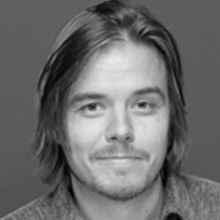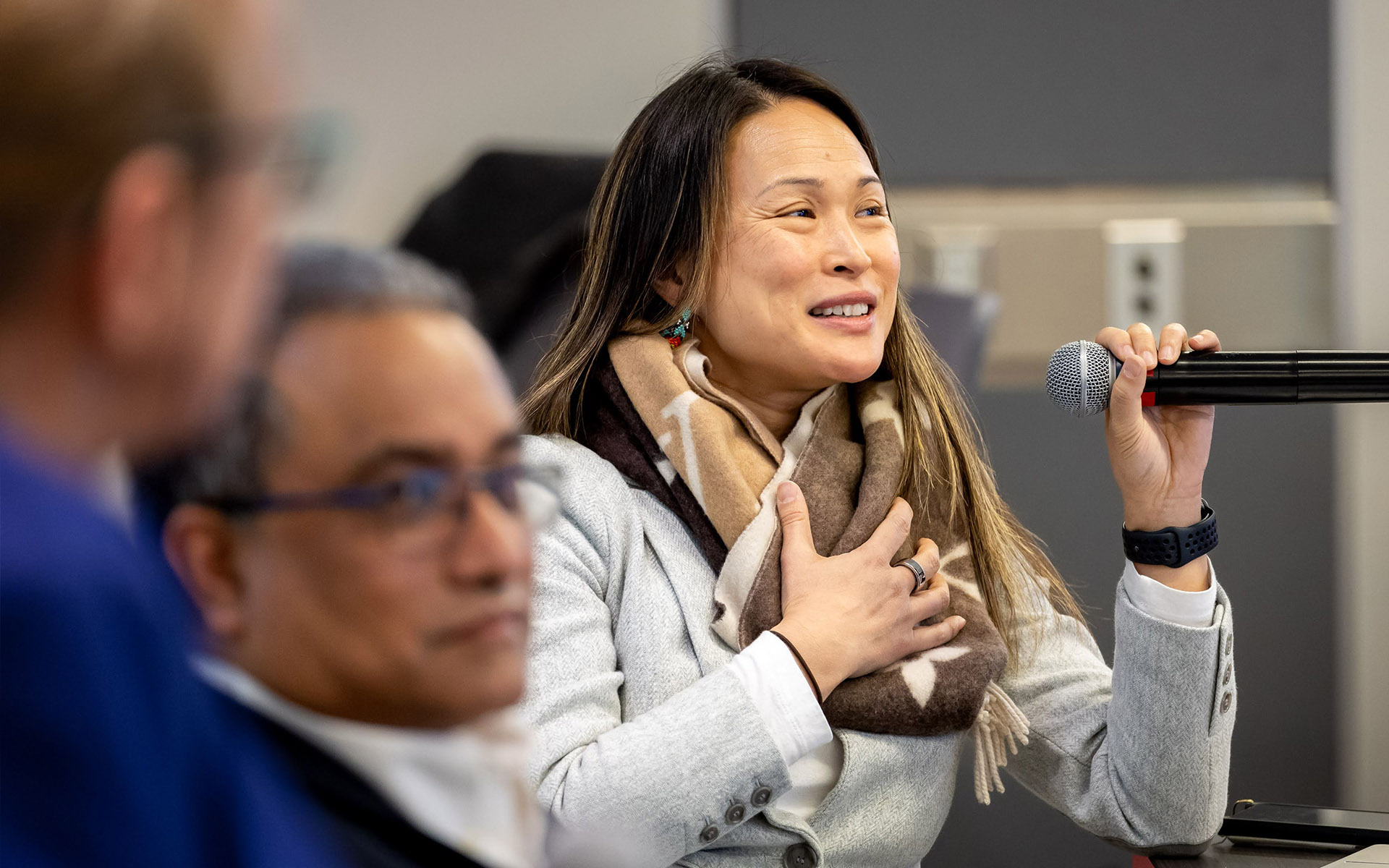How has management thinking changed in the past 50 years and where might management be headed today? In his research and writing, management scholar Henry Mintzberg covers not only the past 50 years but looks toward the future of managing organizations, developing managers, and rebalancing society, from business to politics to higher education.
Subscribe:
In a big-picture Delve podcast on crucial management, leadership, and organizational issues, Desautels Professor and preeminent management scholar Henry Mintzberg talks with Desautels Professor and Delve Editor-in-Chief Saku Mantere. Their conversation launches the fourth season of the Delve podcast, dedicated to thought leadership and critical thinking in management research at the McGill Desautels Faculty of Management.
Mintzberg changed the management landscape with his concepts of strategies being something that people did together in organizations, observing that strategies could emerge from collective learning rather than be prescribed as formal models, explains Mantere, whose own work focuses on strategic organizations and change.
“Strategies are learned: you try things, you do different things, you hit something, you discover something you didn’t expect,” says Mintzberg. In recent years, Mintzberg has expanded his research to explore broader timely and pressing societal questions that tackle climate change, education, democracy, and social inequities. As Mantere explains in his introduction to the podcast, Mintzberg’s research showed that strategy emerges not only within organizations but between organizations of very different kinds—NGOs, firms, policy organizations, governments—all have to come together to address these grand societal challenges.
Hand in hand with strategy comes the structure of organizations, something Mintzberg continues to think and write about today, reflecting on a changing world. An as yet unreleased new version of his successful book The Structuring of Organizations opens by asking readers to reflect on the vast number of organizations we interact with on a daily basis and question how much we truly understand them.
“Your breakfast was brought to you by farms and food stores, you open your email on an Apple, go to the bank, go to work. My point is that we live in a world of organizations from the moment we’re born in hospitals, to the moment we’re buried by hero homes,” he says in conversation. The book is built around four basic forms of organizations: personal (such as entrepreneurial companies), programmed (such as bureaucracies), professional (such as hospitals and universities), and project (including consulting firms, film companies or even hockey teams.)
“The personal organizations are very centralized, controlled by an individual. The programmed organizations are controlled by rules and regulations and standards and planning. The professional organizations are largely controlled by the professionals, who are largely controlled by the professional associations: if you want to look for power in a hospital, look to the doctors. And if you look to the doctors, you better look to the Medical Associations because they determine the protocols and so on that guide their behavior,” he explains. “In a project organization, which is truly creative and decentralized, that’s where you get the most interesting kinds of innovation.”
In 2015, Mintzberg turned his critical lens to the issue of rebalancing society, publishing a book by the same name that describes a healthy society as balancing three sectors: public, private, plural, where the plural comprises all organizations that are neither government nor business. “It’s massive and yet it’s ignored,” he says of the plural sector. “Because everything is government and business, private and public, and they ignore the sector that’s more about common property, more about non-business, non-government activities… The plural sector opens the pathway [to balance].”
This balance is needed to tackle global problems, including climate change “because climate change isn’t a single problem, it’s all the world’s problems,” says Mintzberg. “It has to do with inequality as much as it has to do with technology, it has to do with world politics… We will get nowhere on climate change until we rebalance society, we will get nowhere with income disparities until we rebalance society, we will get nowhere with the demise of democracies until we rebalance societies and the globe.”
Listen to the podcast for the full conversation and find out more about Henry Mintzberg’s books and his latest work at rebalancingsociety.org and mintzberg.org.
This episode of the Delve podcast is produced by Delve and Robyn Fadden. Original music by Saku Mantere.
Delve is the official thought leadership platform of McGill University’s Desautels Faculty of Management. Subscribe to the Delve podcast on all major podcast platforms, including Apple podcasts and Spotify, and follow Delve on LinkedIn, Facebook, Twitter, Instagram, and YouTube.















